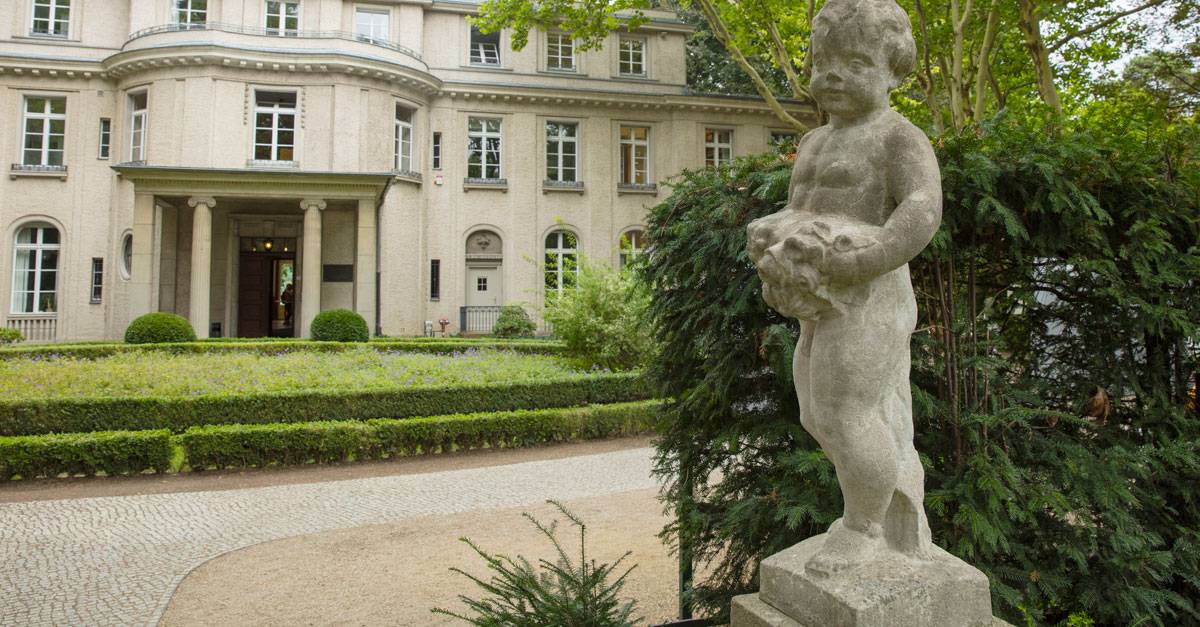Falling Prices, high Interest Rates
Many heirs primarily choose to sell the inherited property because the monthly administrative costs are high. With the end of the real estate boom, however, the prices of houses are lower, the sale takes longer, and the number of people interested is lower. According to data from Europace, the largest German transaction platform for real estate loans and construction savings products, between last summer and the end of March, sellers had to accept an average drop of almost 10%. If you consider inflation, the value of a property with a revenue of 500,000 euros in 2021 shrank to 469,000 euros at 6.2% inflation (in July 2023).
According to the portal wohnglueck.de, ten-year mortgages are currently on average at an interest rate of 3.73 (as of June 2023); the rates are three and a half times higher than the low interest rate. Due to the dramatic rise in financing costs, entire purchasing strata have recently been broken up because real estate below a certain size is no longer fundable for them. According to Frankfurter DZ Bank, new real estate loans had already fallen to only 60 percent of the previous year’s value in November.
Compulsory Renovation and heating Replacement

Most previous-generation properties require renovation and heating replacement. According to the Building Energy Act, for example, oil and gas heating systems that are older than 30 years must be replaced within two years in the event of a change of owner, unless it is a fuel-value or low-temperature boiler. Such reforms give potential buyers of an inherited property strong arguments to push up the price. However, they also reduce energy costs in return.
If no sale is planned, the heirs themselves will be burdened with high costs because they are now also forced to rehabilitate. With the exception that they have lived on the property themselves since 2002. Anyone who has sufficient liquidity or may have inherited cash in addition to the property might think about modernising himself and then reselling the house or apartment, which is more expensive.
Elevate Your Wealth Game: Empowering UHNWIs for Simplified Asset Management. Altoo Platform Preview
Tax liability
Inheritors of real estate are faced with two types of taxes: the inheritance or gift tax on the one hand and the speculation tax on the other. Close relatives who become heirs can benefit from free amounts. For example, 400,000 euros are left tax-free for children and 200,000 euros for grandchildren in the case of inheritance. But for all amounts that go beyond this, close relatives pay 7 to 30% in taxes, while other (extended or unrelated) heirs pay up to 50 percent.
A speculation tax is charged on the sale if less than ten years have elapsed since the construction or purchase by the inheritor. Their tax exemption is transferred to the heirs. If the landlord has not rented the property and has always lived there himself, three years will be enough.









